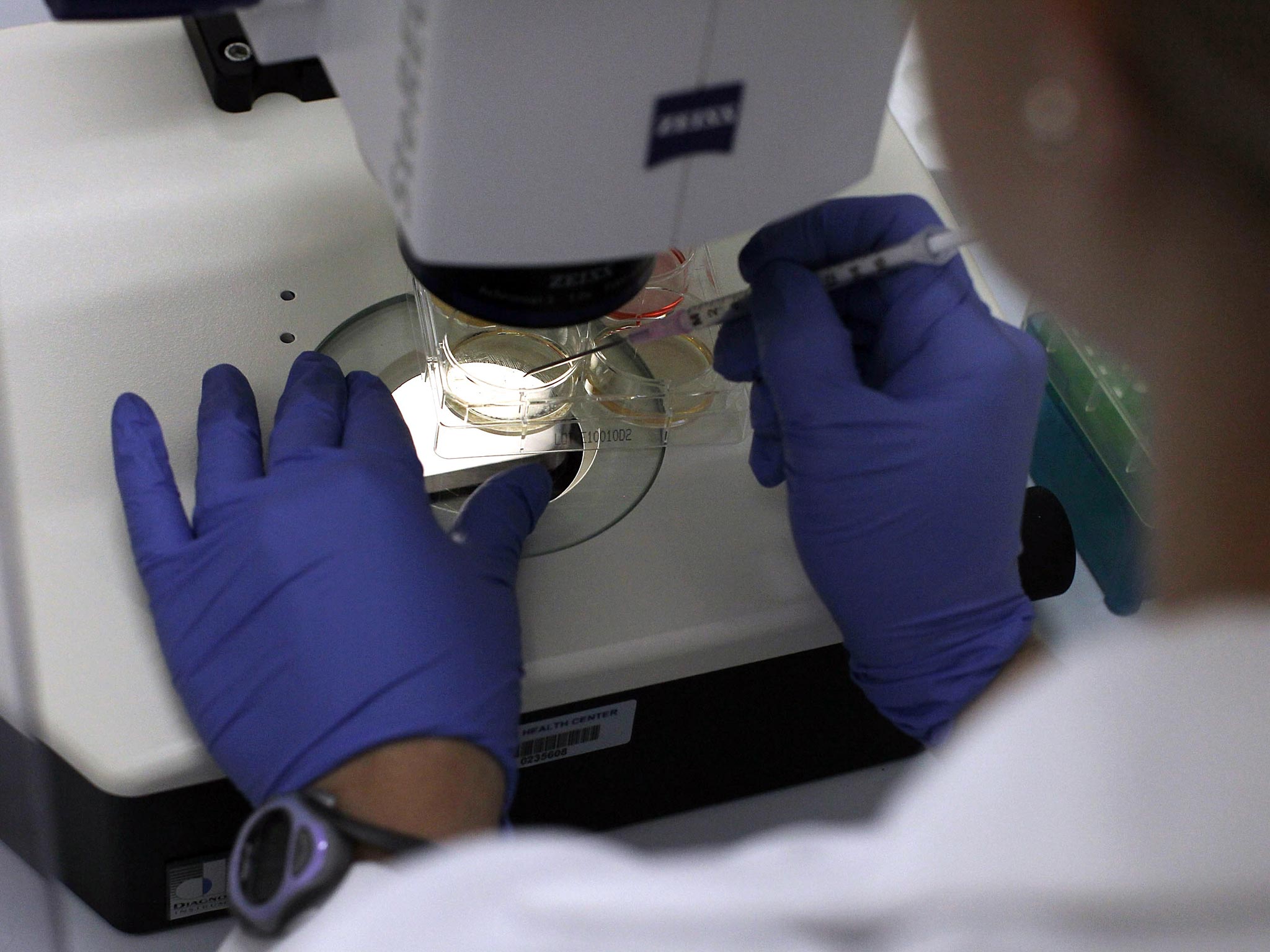Prostate cancer ‘could be a sexually transmitted disease’, scientists say
One of the most common infections passed on during sex could aid cancer growth, research is suggesting

Prostate cancer could be a sexually transmitted disease caused by a common infection passed on during intercourse, scientists are claiming.
Research by the University of California found a sex infection called trichomoniasis supported cancer growth when a team of scientists tested human prostate cells in a laboratory.
Trichomoniasis is the most common non-viral sexually transmitted infection and is understood to have infected an estimated 275 million people around the world.
Infected men can experience pain during urination and thin white discharge from the penis. In women, the infection may trigger soreness and itching around the vagina and a change in discharge, although half of all men and women show no symptoms at all.
The study, published in the Proceedings of the National Academy of Sciences (PNAS), discusses how the STI could make men more vulnerable to cancer. However, Cancer Research UK has said it is too early to add prostate cancer to a list of other cancers caused by infections.
This research follows a study conducted by the Harvard School of Public Health in 2009, which found a quarter of men with prostate cancer showed signs of trichomoniasis and were more likely to have advances tumours.
A team led by Prof Patricia Johnson found the parasite responsible for causing trichomoniasis, Trichomonas vaginalis, produces a protein that in turn promotes the growth and progression of benign and cancerous prostate cells.
The authors say more research should look into developing their findings as the cause of prostate cancer remains unknown and their study is not a definitive link between the STI and cancer of the prostate.
Nicola Smith, health information officer at Cancer Research UK, told the BBC: "This study suggests a possible way the parasite Trichomonas vaginalis could encourage prostate cancer cells to grow and develop more quickly.
"But the research was only done in the lab, and previous evidence in patients failed to show a clear link between prostate cancer and this common sexually transmitted infection.
"There are still no known lifestyle factors that seem to affect the risk of developing the disease - and no convincing evidence for a link with infection”.
Prostate cancer is the most common cancer in men in the UK and over 40,000 new cases are diagnosed every year.
Subscribe to Independent Premium to bookmark this article
Want to bookmark your favourite articles and stories to read or reference later? Start your Independent Premium subscription today.

Join our commenting forum
Join thought-provoking conversations, follow other Independent readers and see their replies